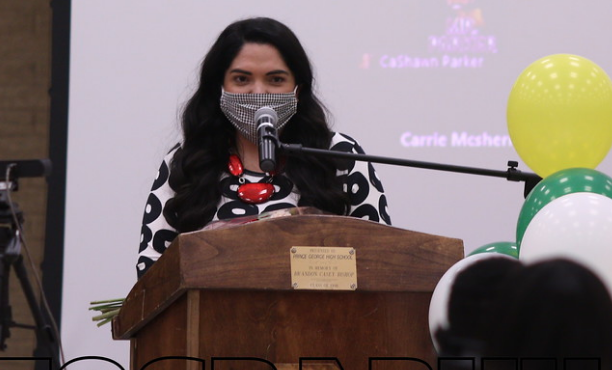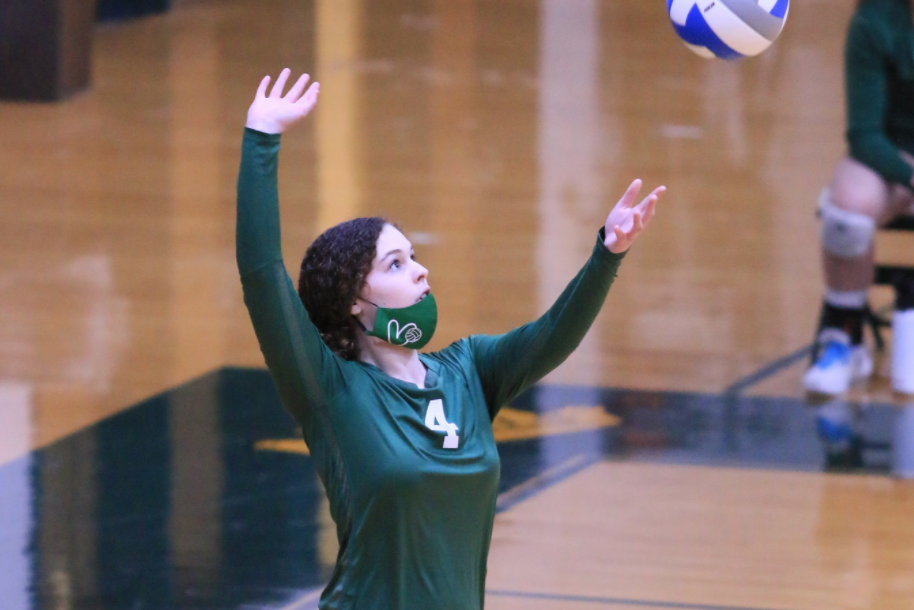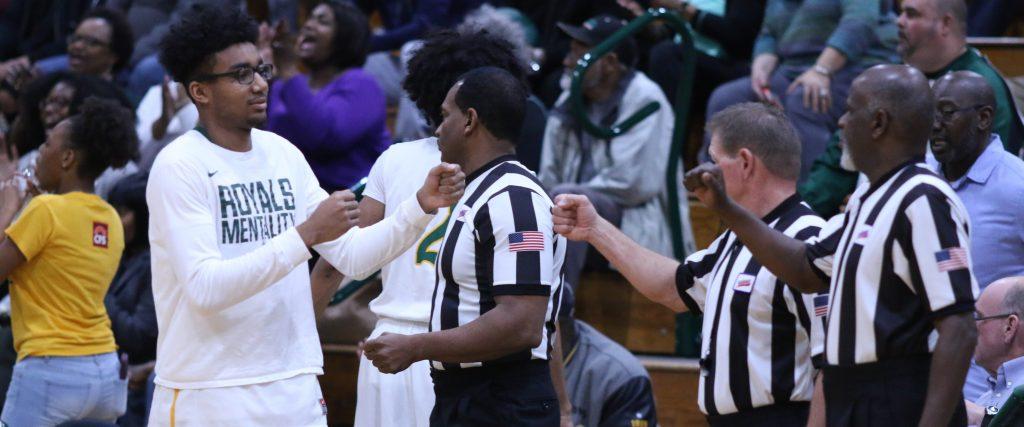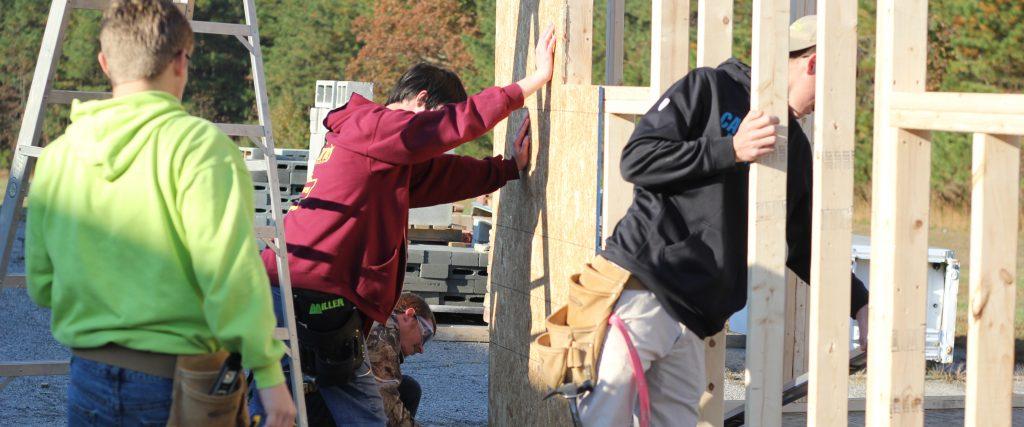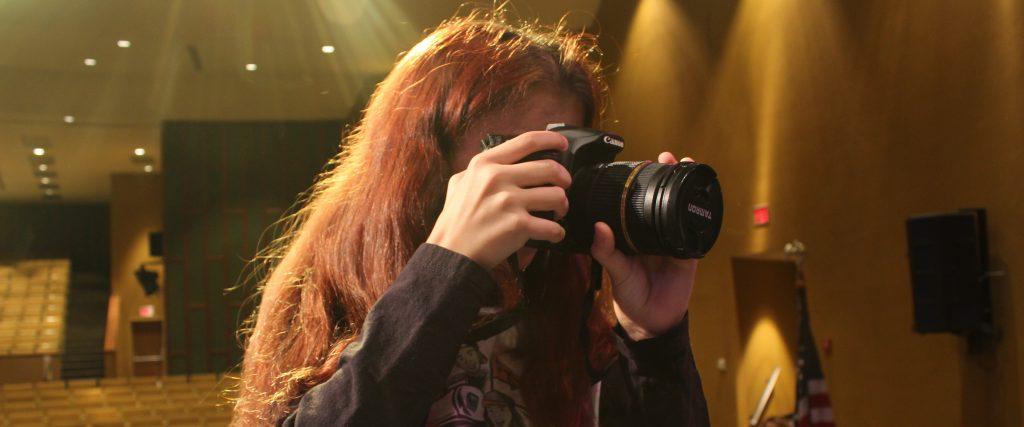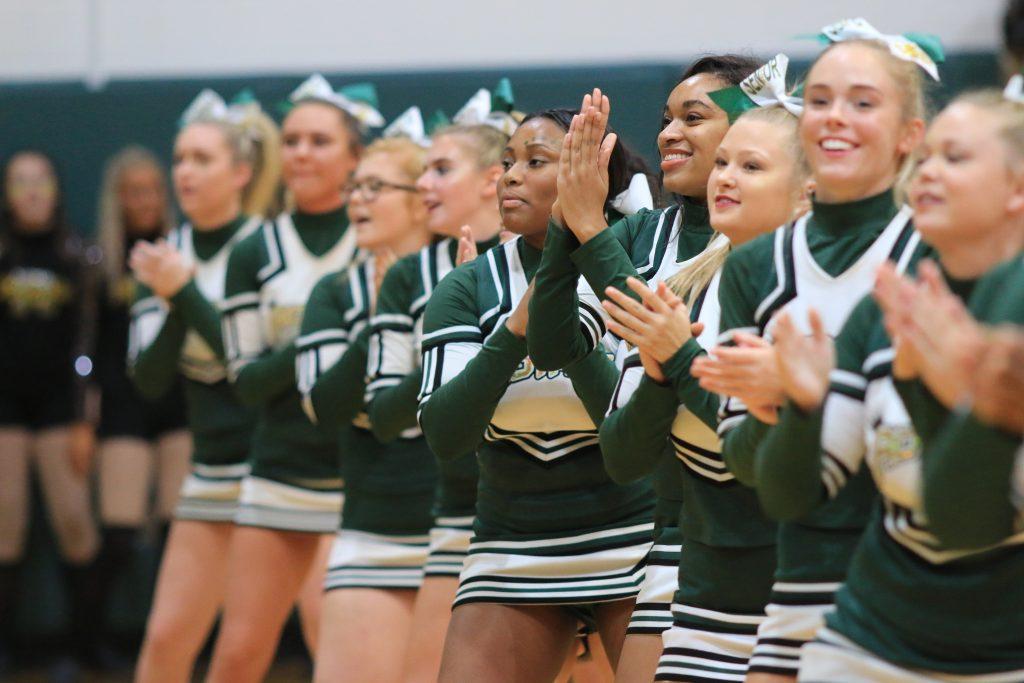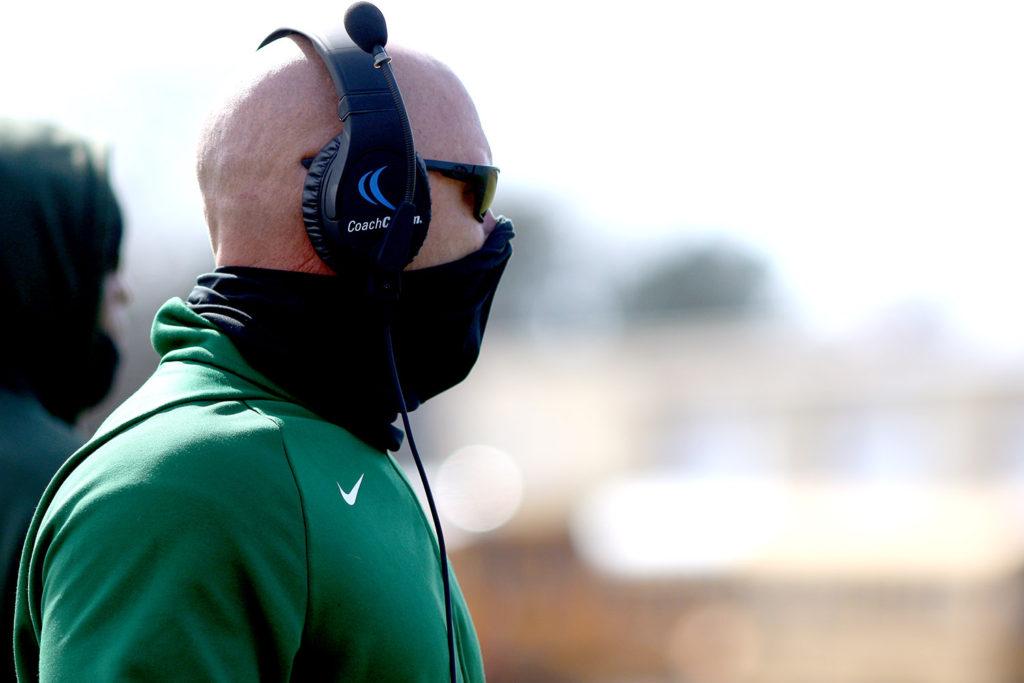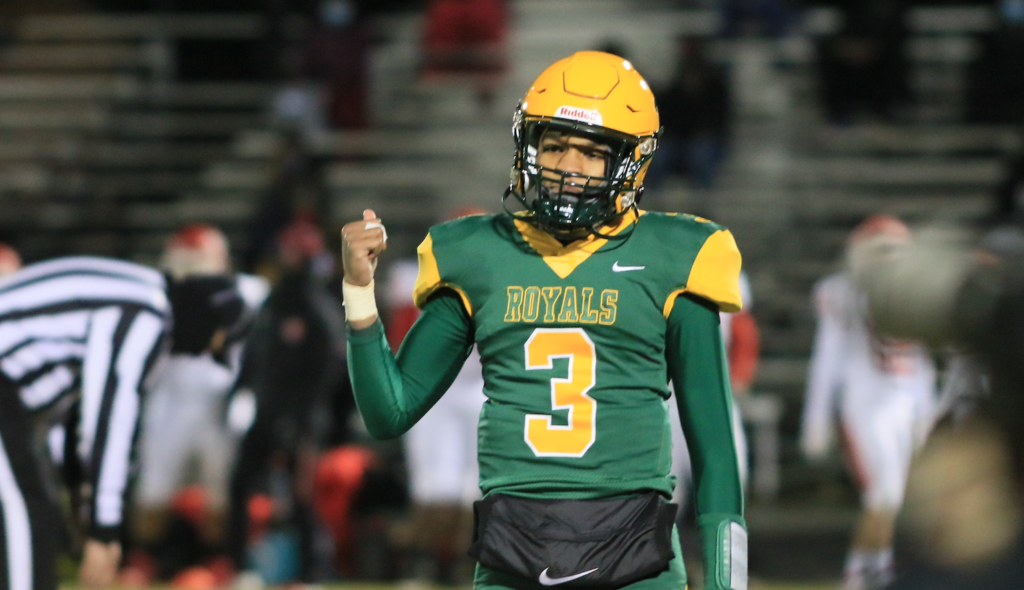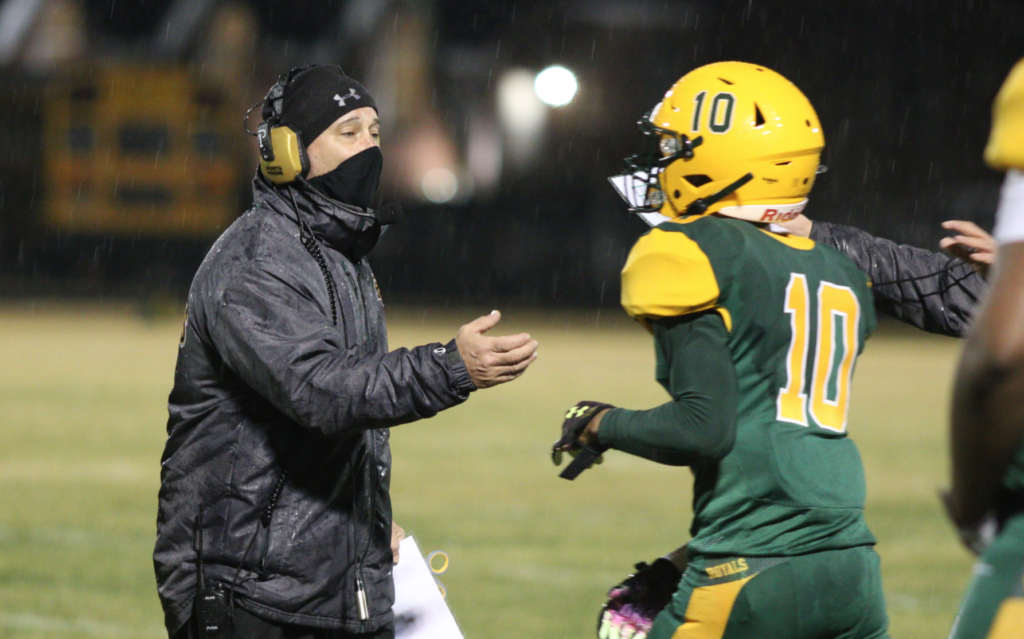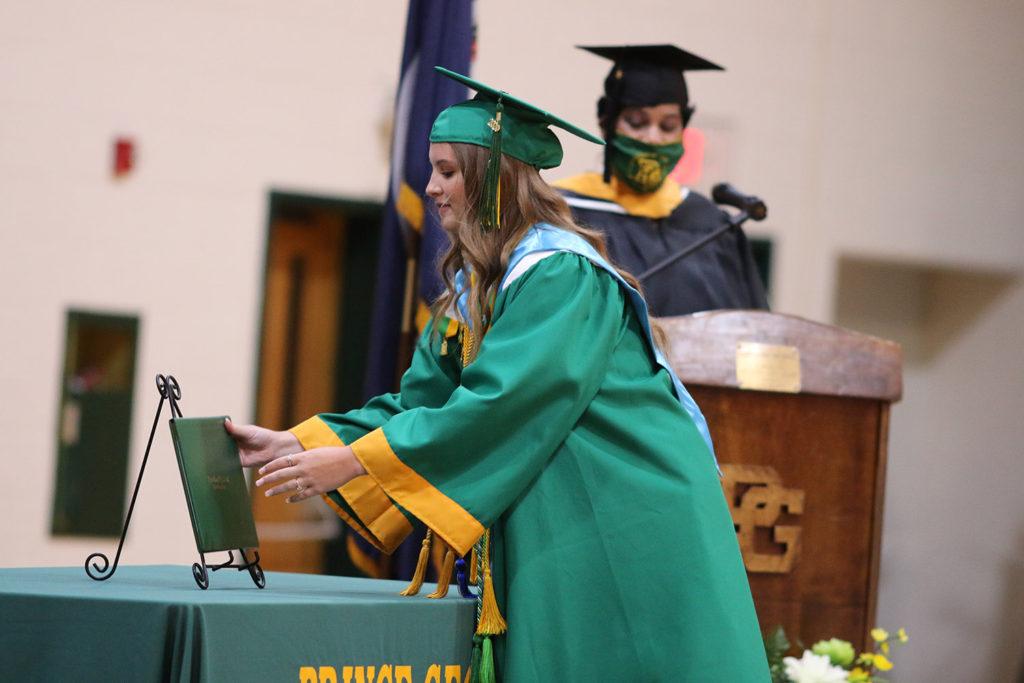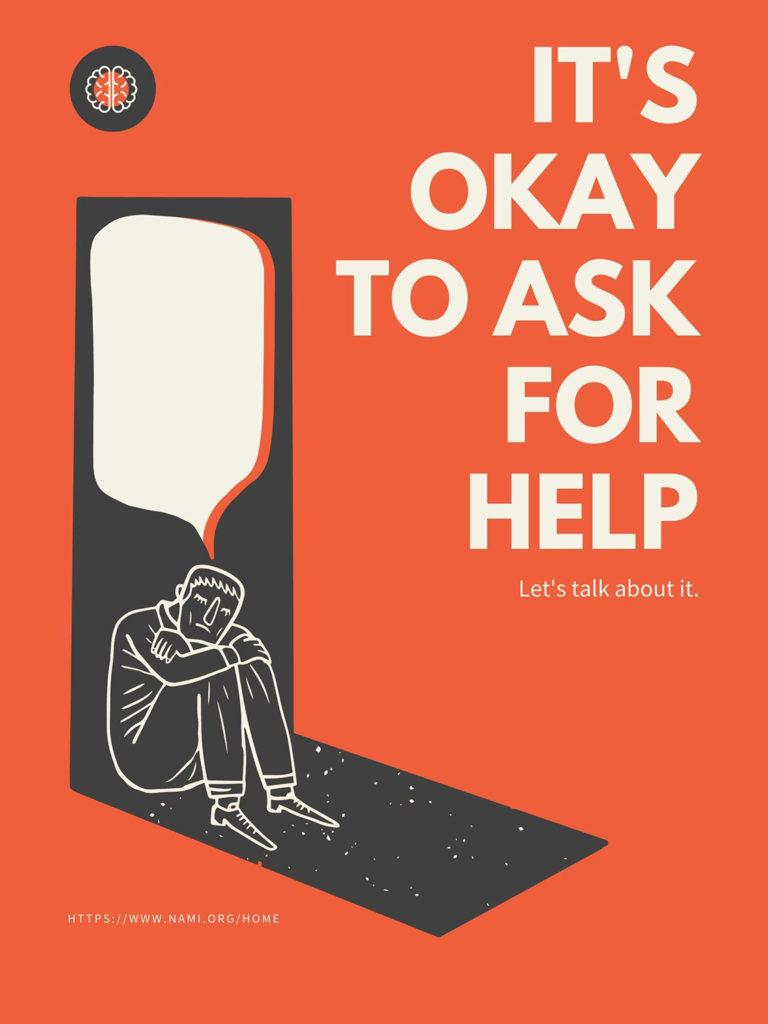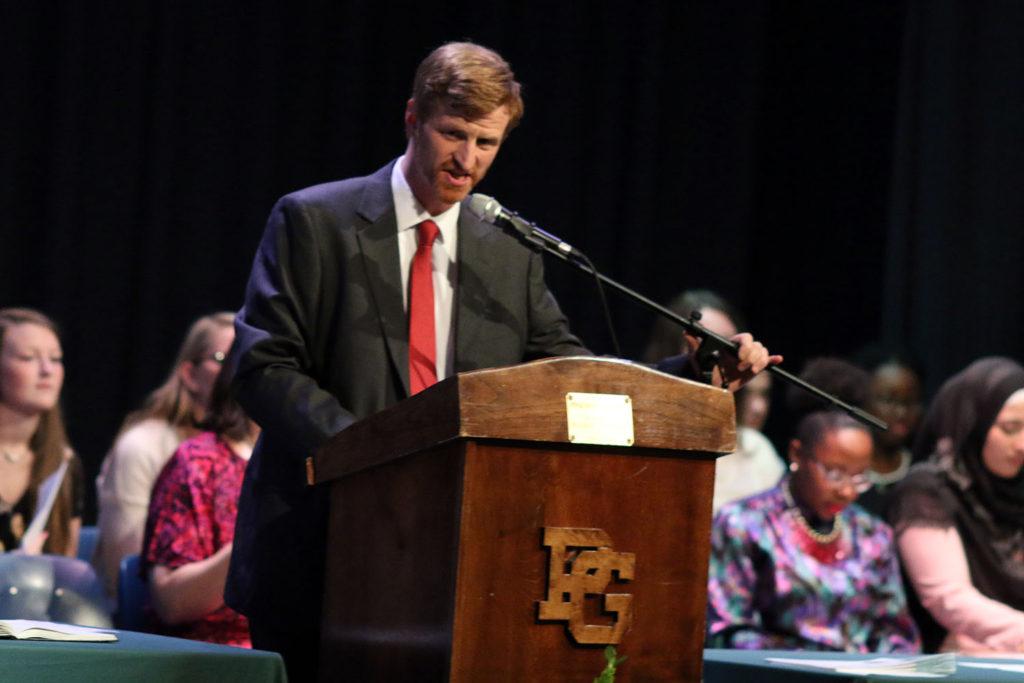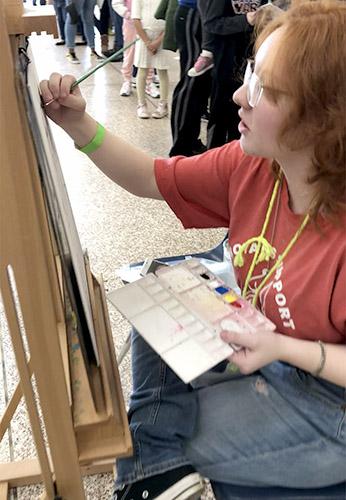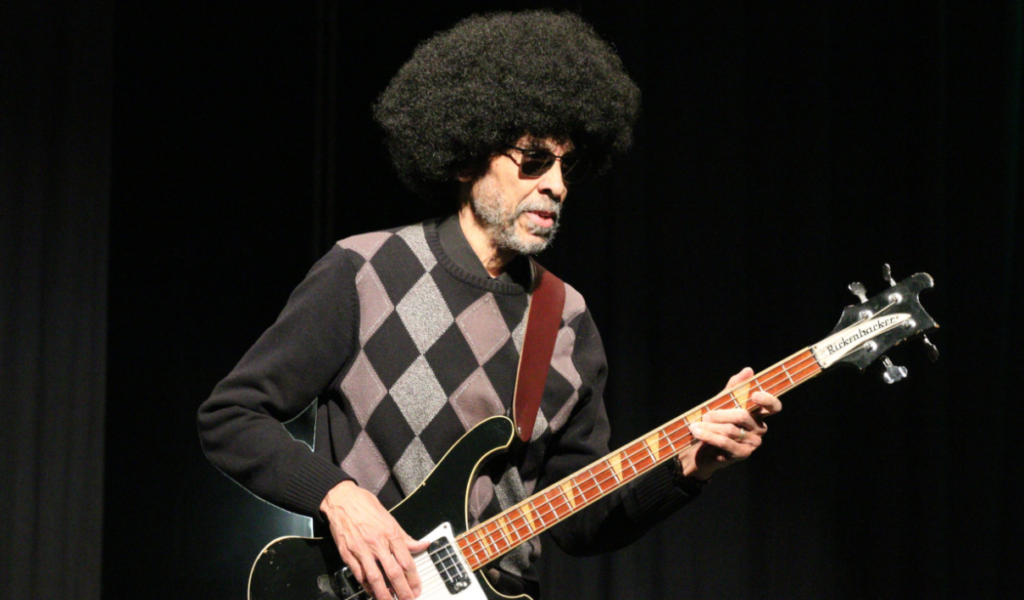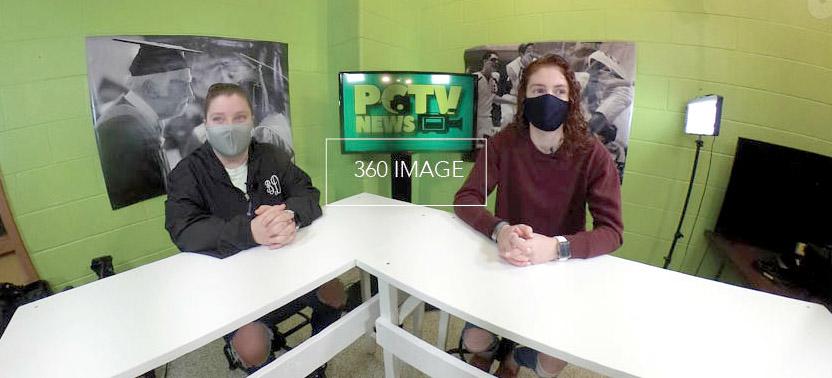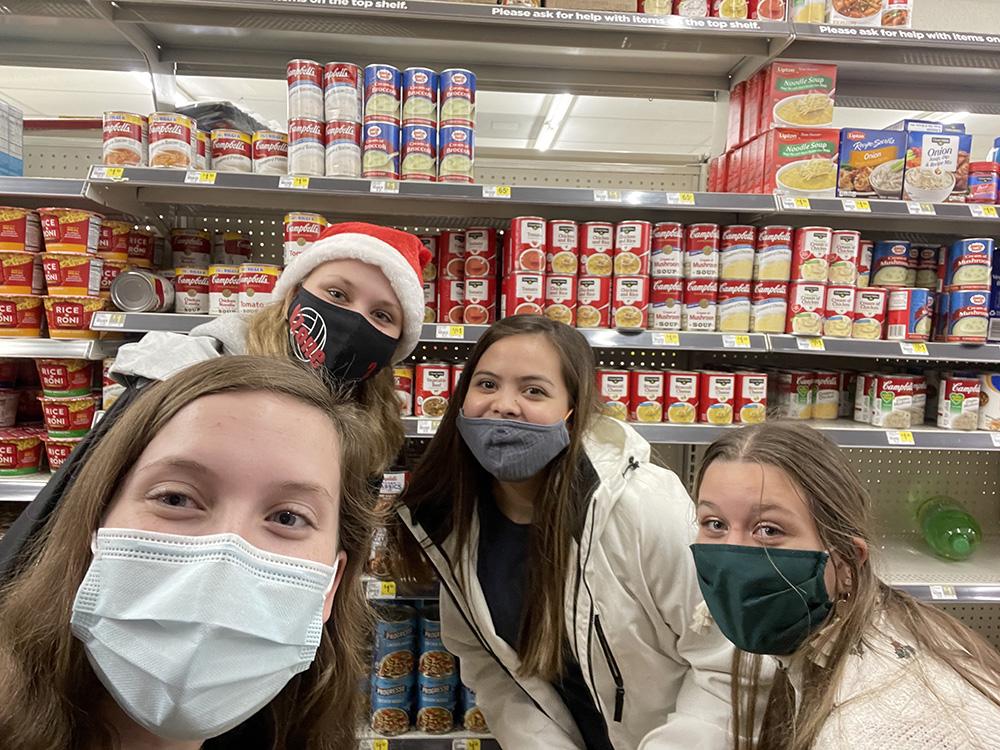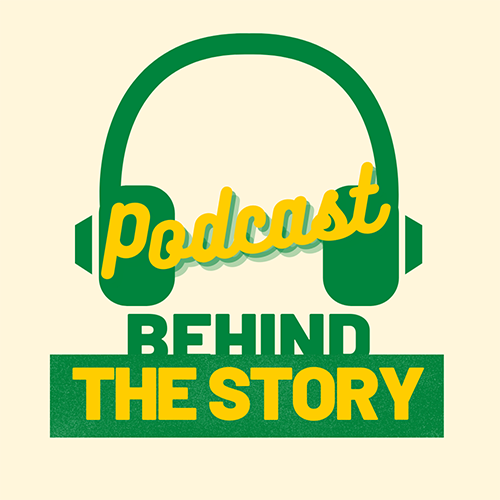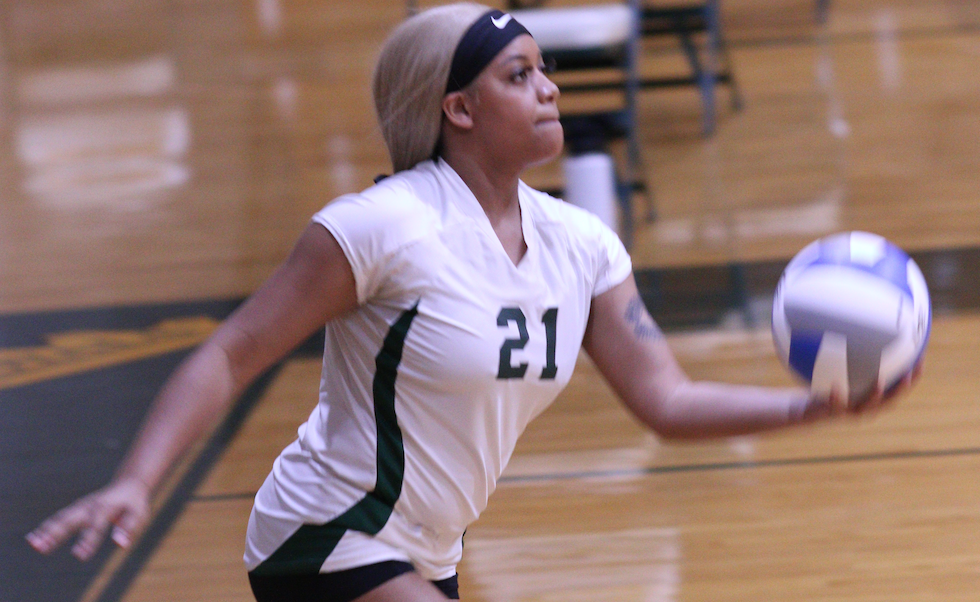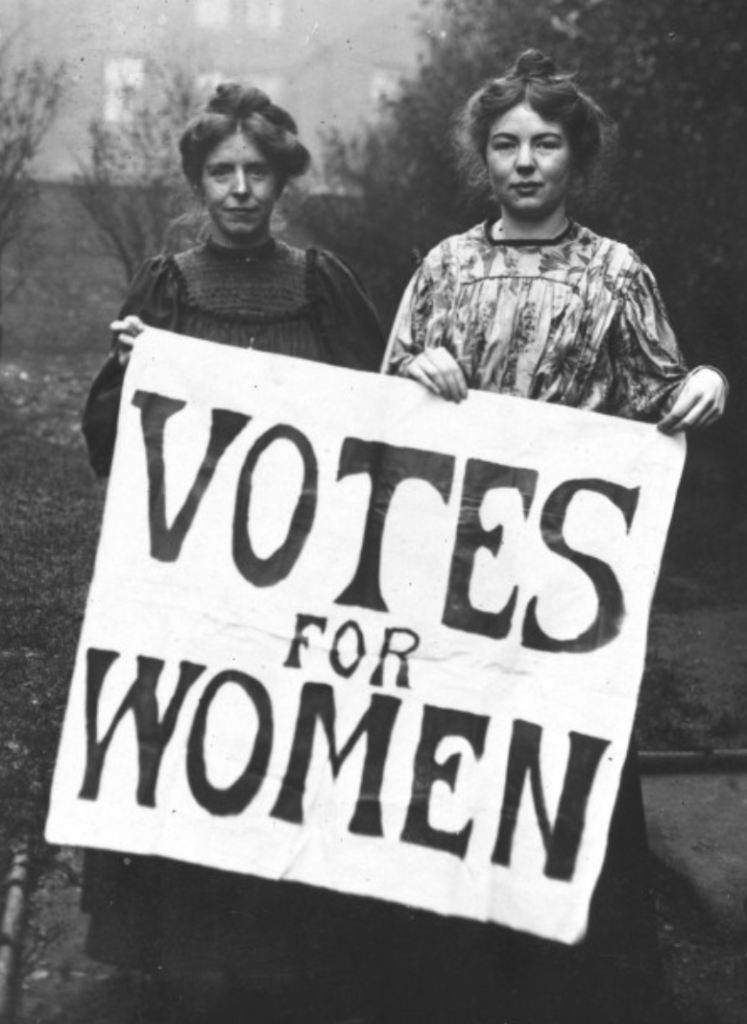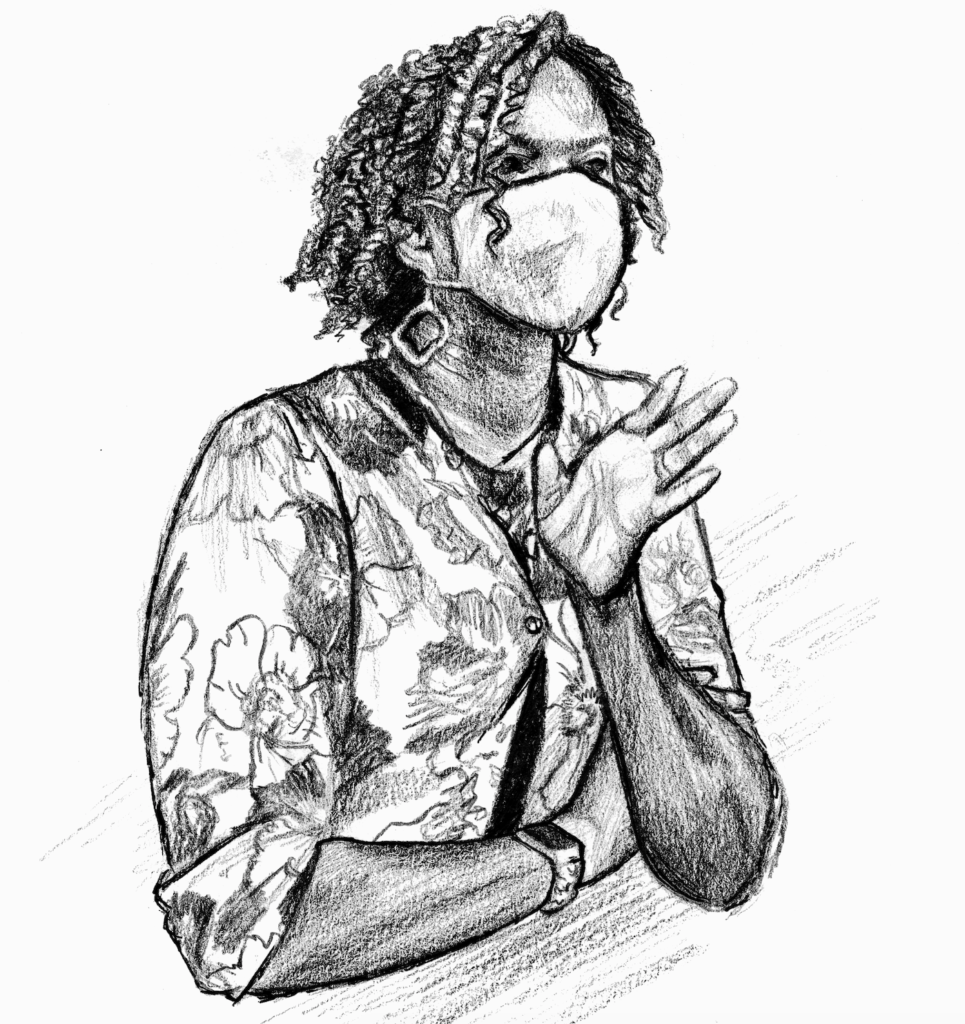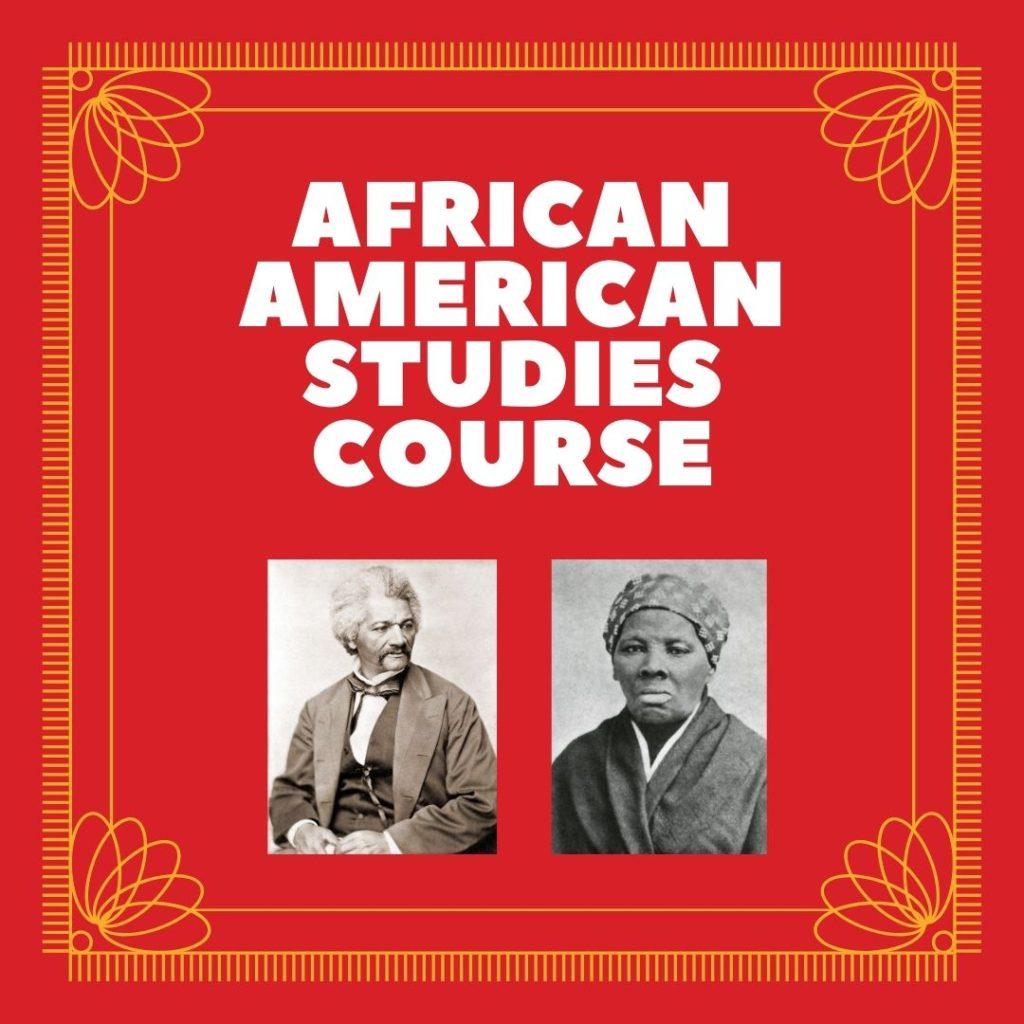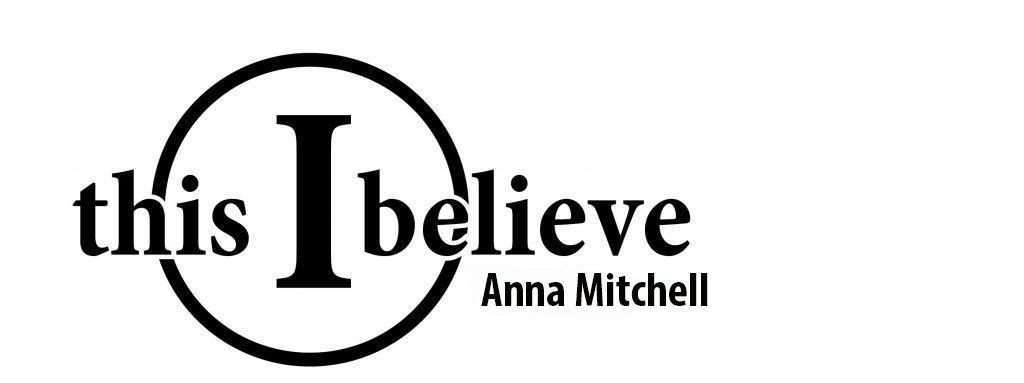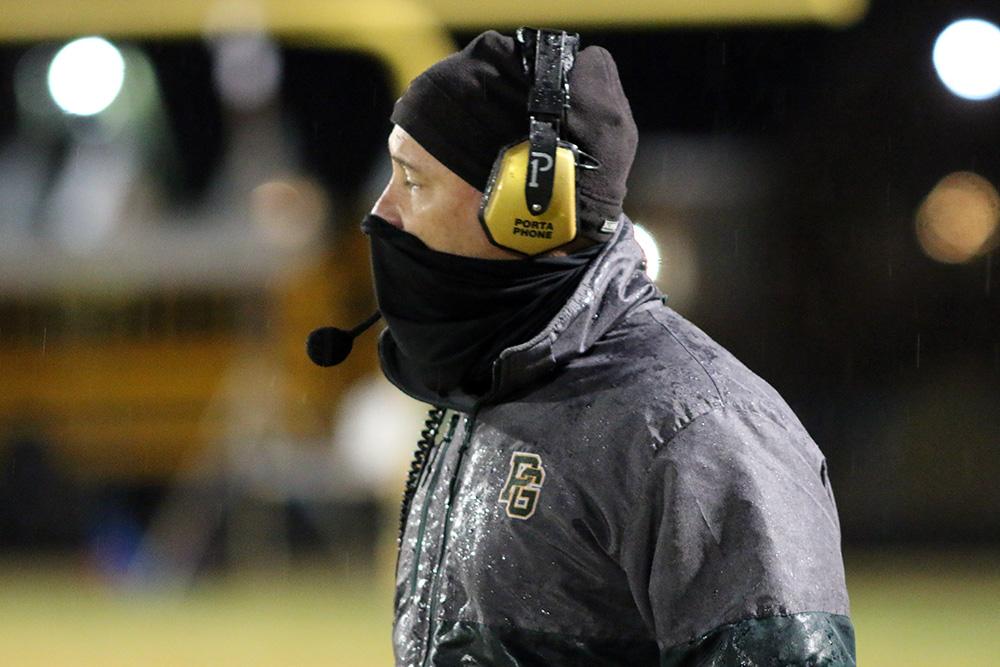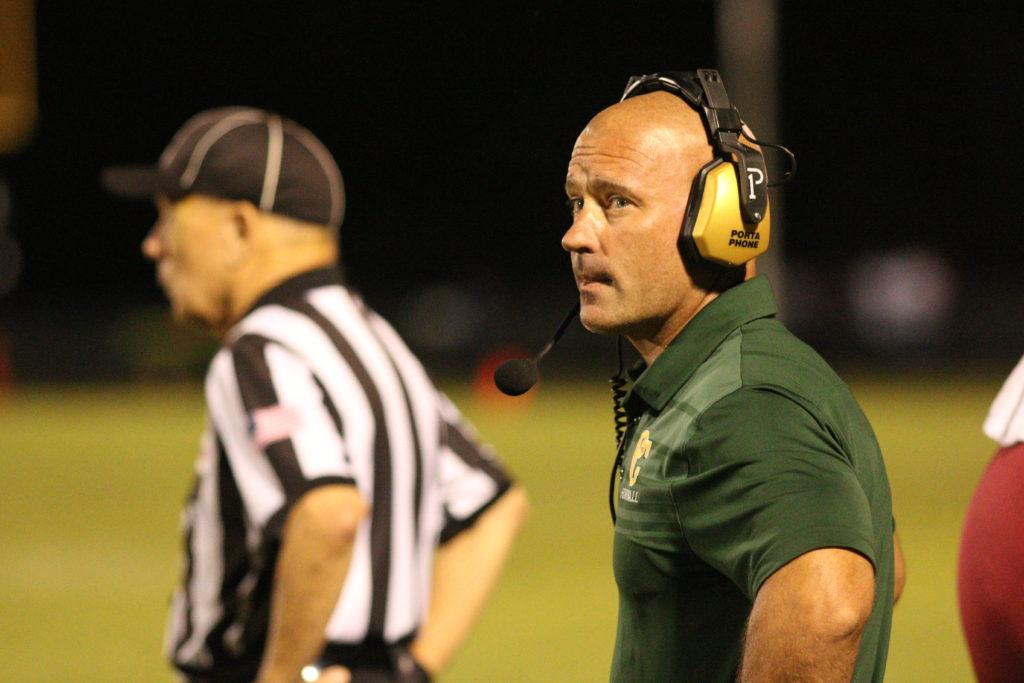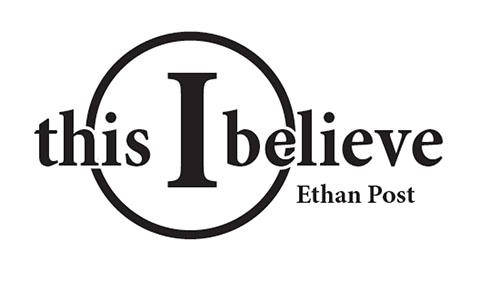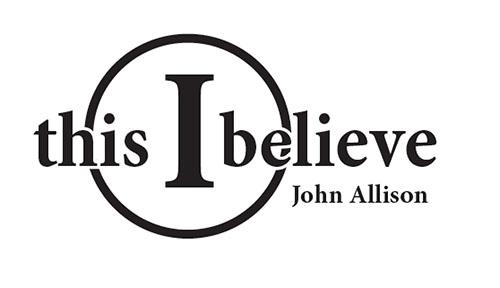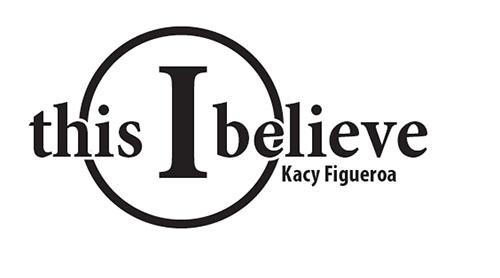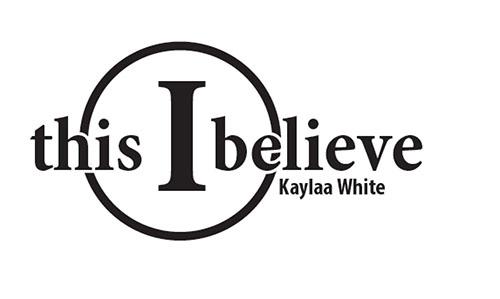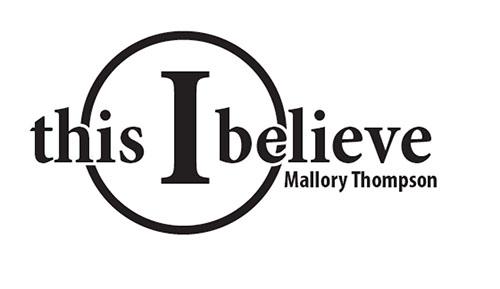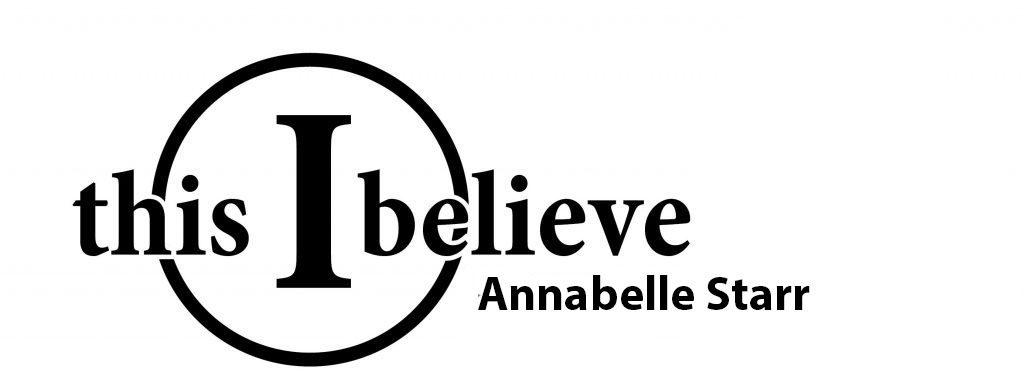This I believe: you cannot let failure define you.
While I have had success so far in my 16 years of life, I have also, unfortunately, had failures. I have had lots of them. As a person who has to deal with a lot of anxiety, each rejection has crushed me more than it should have. But each time, I kept going until I met my goals. And it paid off.
One of those failures in particular has taught me an extremely valuable lesson. It was a significant failure, and a heart-crushing one, but I learned from it one very important thing: that you cannot give up.
In April of 2016, I was nearing the end of my first year in the Richmond Symphony Youth Orchestra program. I had spent that first year in their first group, Sinfonietta. While I enjoyed my time in the group, I was becoming bored with the music, and I knew I needed and deserved more of a challenge. It was time to audition for the next level: Camerata Strings.
One of my biggest flaws is that I need to have a lot of motivation to get something done. It’s not that I’m lazy- I’m a very hard worker, but I am also a very bad procrastinator. While moving up to a more advanced ensemble was certainly a very good motivator, due to my procrastination, intense studies in school, and the lack of a private teacher to coach me for the big day, I still was unable to practice thoroughly and well enough. It was also my very first real violin audition. This was the first one I’d had where you could actually get rejected.
Needless to say, I was not prepared.
I walked into the room where I would be warming up and started to tune my violin. I ran through a few scales before pulling out my solo to practice. Suddenly, it hit me that this was an audition, it was important, and I could fail. My anxiety suddenly flew through the roof as I walked in to the room where I would audition. I have particularly bad performance anxiety, and it very much affected my playing. I stumbled through the pieces, my bow slipping and my notes scratchy. It was my first audition, and it went very, very badly.
I came out on the verge of tears, frustrated that I’d messed up my only chance to audition for a whole year. My mom comforted me and we went home, disappointed but clinging onto the hope that maybe, just maybe, I’d make it in.
Two months later I received my audition results via the mail. Hands shaking, I grabbed the letter. I took a deep breath before opening it.
Dear Anna Mitchell:
We regret to inform you that…
My face fell as I read the word regret. To me, it was just a polite way to say Congrats on auditioning! Unfortunately, you suck too much to join us! Try again next year!
I felt sick in my stomach as I continued to read the letter. I would spend next year in the same group I was already in- the same group filled with short twelve-year-olds where I was one of three tall, older students, where I sat through an hour of practice bored out of mind, where I’d mastered the music within three weeks. Camerata was just a step up, but now it was a year out of reach.
I thought back to the orchestra camp I had attended just a week before I got my audition results. My conductor there had been the same one that I would have had if I had passed my audition. Not only had she already known I hadn’t passed my audition, but she had watched me audition. She’d watch me suffer through my solo piece, only doing well on the sight-reading portion of my audition.
It was absolutely humiliating for me. For a week at camp I’d sat in her orchestra for 5 hours a day, playing for her. For a week, she’d watched me, knowing I was good enough to get into the intermediate group I played in at camp, but not good enough to play in her orchestra for a year. She knew. And all I could imagine that was every time she looked at me, she did so with pity.
I continued to read the rejection letter and reached the notes taken during my audition. They were, at the very least, terrible. I truly had botched this audition. My camp conductor’s notes were particularly scathing. At least I did well on the sight-reading, I told myself, trying to be a little positive, but I was still devastated.
I did not take the rejection well. I had expected the failure, honestly, but it still stung so, so hard. To me, it was the end of the world. I had never really been confident about my skills, and I began to fall into worse insecurities and fears than I’d ever had.
I couldn’t stop beating myself up about it. While I had had a slow and late start on violin, I really only had myself to blame. And I did. The word regret kept spiraling around in my head. Regret, for we regret to inform you that you have not been accepted into Camerata strings. Regret, for I regret auditioning, I couldn’t have passed, so why did I bother? Regret, for you love music, but regretfully, love doesn’t mean you’re good at something! Love for violin doesn’t mean you have a future with it!
The summer passed quickly. Every time I thought of my audition, I cringed. I still felt sick thinking about my failure. But I continued to practice hard, working ahead, doing what I loved.
Things began to get better. Once the school year started again, I bitterly walked into Sinfonietta, noticing that a lot of familiar faces were now gone. They’d moved up to more advanced groups, of course. It hurt, but I sat down in the front and pulled out my violin. I began to tune, thinking, this is it. This will be the year I get in.
The year progressed and I practiced hard. I was starting to notice real improvement in my playing. In January, I started taking private lessons with a new teacher, and I began to improve even faster. The pain from my first audition was finally starting to fade away, but it was soon replaced with dread.
It was April, and time to audition again. I felt sick the day I auditioned for Camerata again. In the minutes leading up to my audition, I tried to practice, but I could feel a faint pang in my stomach. I couldn’t focus completely.
Then my name was called. Shakily, I got up from my chair, and went to wait outside of the auditioning room. A girl already sat there, waiting for her time to play. We exchanged nervous smiles, and shortly after, she stood up and went in. “Good luck,” I told her, putting on a facade of positivity, but I was even more nervous than I’d been the year before.
I was lost in thought when suddenly, the girl came back out of the room and headed back down the hall. “Come in,” I heard. It was finally my turn to play.
“H-hi,” I stuttered, stepping inside. Two women sat at a table with notebooks, charts, and pencils, ready to grade my playing. One of them was Camerata’s conductor, my camp conductor.
She smiled. “Let’s start with your solo,” she said.
I nodded quickly. Nervously, I adjusted the music stand, put my violin up, and started to play.
It was almost a repeat of last year. Once again, my performance anxiety showed in my audition. I could hear my tone; it was scratchy and rough. I was playing too fast, becoming flustered. I cringed as I made my way through the solo.
At least it was better than last year, I told myself. I’d gotten through it okay, at least.
Next was the short selection I was supposed to prepare. It was fine, thankfully- not my best playing, but certainly not terrible. Then came scales. And then the sight-reading, always my best section. I may not be the best player, but I can sight read pretty well, I thought proudly.
And then it was over. “Have a nice day,” I said cheerfully but a little quietly as I left the room. I went back to my violin case, put my instrument away, and went to find my mom.
Finally, it was over. I had been so stressed out about the audition, and I could finally relax. But remembering all of my little slip-ups I’d made, I was filled with anxiety. I tried not to cry as I left. It’s over now, I told myself. Now, all I could do was wait.
The next two months were torturous. I finished up the school year and went to camp. I was pleasantly surprised to find out that I had moved up in the section I was in at camp. My first two years, I had been a second violin, playing the backup melodies. But this year, I was a first violin. I had never been prouder.
Camp passed by quickly and I went home. Soon, I would receive my audition results. I tried to push the anxiety to the back of my head and enjoy my summer.
A week later, I arrived home with my dad. He pulled up to the mailbox and grabbed the mail. He handed me a letter with my name and Richmond Symphony on it in big, bright red letters. I was surprised. Somehow, I’d managed to forget about the audition.
We pulled into the driveway and I tried to open the letter, but I couldn’t bring myself to do it. I was too nervous. I closed my eyes, took a deep breath, and told myself that everything was going to be alright. With nervous tears in my eyes, I opened the letter.
Congratulations, it read. I was shocked. Congratulations!? I had gotten in? Really? I read the letter again, grinning. I had did it! I had passed! As it turned out, my audition had been better than I had thought.
“Congratulations, sweetie,” my dad said. “I’m so proud of you!” I couldn’t stop smiling. I had passed! I’d finally gotten in!
Suddenly, the anxiety came back in an odd, relieved rush. I had been so scared to open the letter that I actually had started crying. They quickly became happy tears. “I got in,” I shrieked. “I got in!”
The whole experience had taught me something extremely valuable. After my first audition and my rejection, I was crushed, devastated, and unmotivated. But I had decided to keep going. I had not given up. I had kept playing, playing, playing, until my back was sore and my fingers were red. And the hard work had paid off tenfold.
I am not only extremely glad that I passed my audition, but also that I did not let my first failure stop me from trying again. It had put me in a bad place for a while, but I didn’t let it stop me completely. I have so much passion for violin, and I kept playing. I did not let one failure stop me.
This, I thoroughly believe with all my heart: You cannot let failure define you. If you do, you aren’t being fair to yourself. But if you take that failure and keep working, you can make something beautiful. If you turn your failure into a lesson and a goal, you can do anything.

